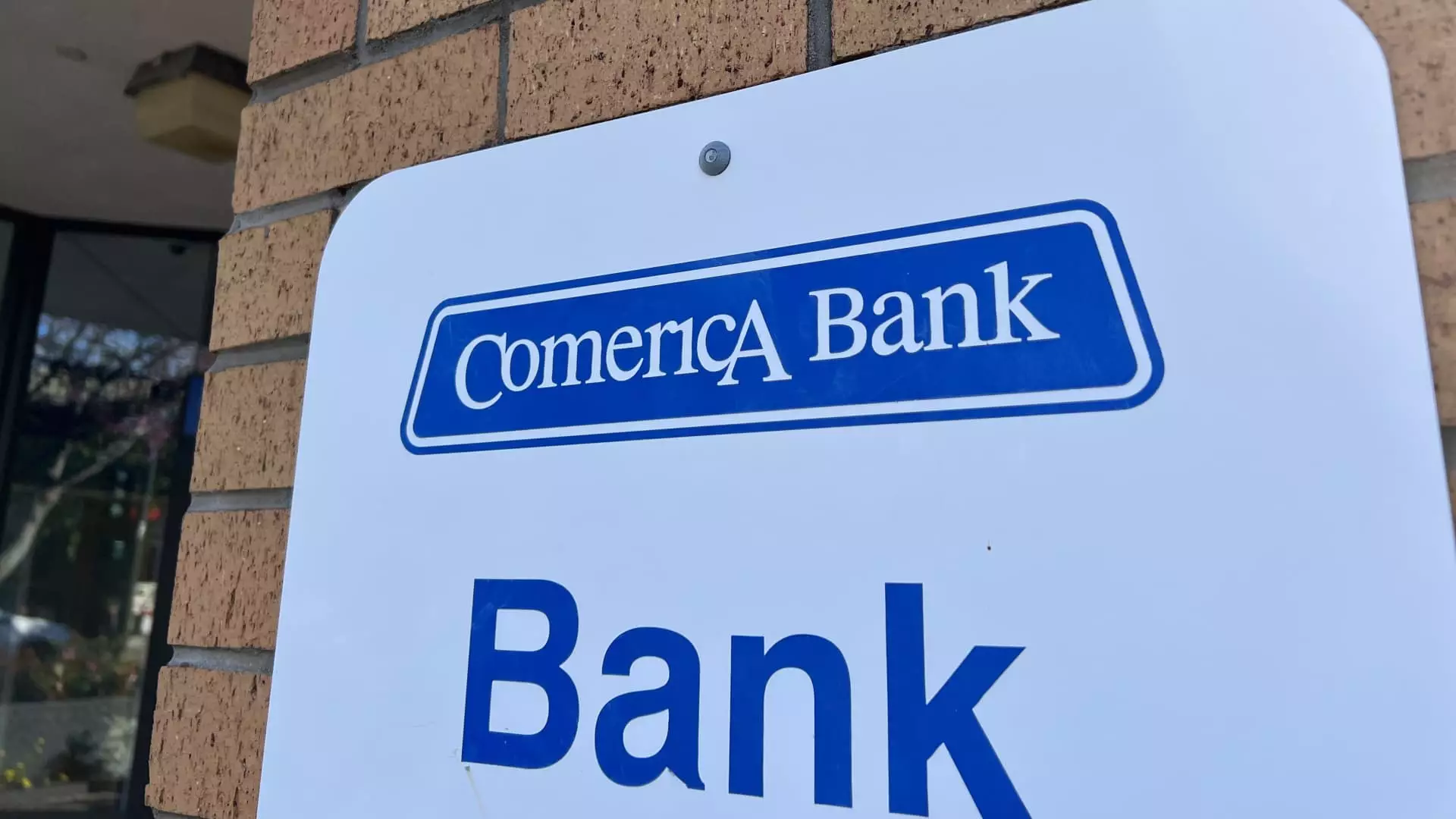In a significant move, the Consumer Financial Protection Bureau (CFPB) has targeted Comerica Bank with a formal complaint addressing serious allegations regarding its management of the Direct Express prepaid debit card program. This initiative serves as a financial lifeline for millions of Americans, particularly those relying on fixed incomes such as Social Security recipients. By failing to adequately support this program, Comerica is accused not only of putting profits over the needs of its clients but also of compromising the financial well-being of vulnerable populations.
The CFPB’s lawsuit highlights alarming practices, including the “intentional termination” of over 24 million customer service calls. The implications are particularly distressing for users of the Direct Express cards, many of whom are elderly, disabled, or without traditional banking access. The banking institution is also accused of imposing unjust ATM fees on more than 1 million cardholders and mishandling reports of fraud—actions which seem to underline a systemic failure in customer support.
Rohit Chopra, the CFPB Director, explicitly criticized Comerica’s approach, suggesting that the bank’s tactics were designed to bolster its profits at the direct expense of its most vulnerable customers, emphasizing the detrimental impact of “illegal junk fees.” Such allegations raise essential questions about corporate responsibility and the ethical obligations of financial institutions tasked with serving the public.
In response to the CFPB’s actions, Comerica has launched its defense, arguing that it was operating within the constraints and guidelines set forth by the federal government. In a previous complaint, the bank contended that it had acted in compliance with its role as Financial Agent for the Direct Express program, suggesting that the oversight of the program was part of a coordinated effort with the Department of the Treasury. Comerica claims to have cooperated fully with the CFPB during the investigation, providing context and documentation in an attempt to clarify its position.
Louis Mora, Comerica’s vice president of media relations, defended the bank’s integrity, insisting they were committed to providing essential services to their cardholders. This insistence highlights the broader concerns about accountability when financial institutions manage government programs that directly affect the livelihood of many citizens.
The CFPB has a history of holding banks accountable for their mishandling of consumer benefits, as illustrated by the substantial fines levied against Bank of America just last year. These precedents highlight the increasing scrutiny of financial practices, particularly as they relate to vulnerable communities.
As the investigation into Comerica unfolds, it serves as a critical reminder of the importance of effective oversight in banking practices and the need for financial institutions to prioritize their customer service commitments, especially when serving populations reliant on federal assistance. Both the outcomes of this case and the responses it generates hold the potential to impact the future of financial service programs designed for low-income individuals, making it a situation worth monitoring closely.

